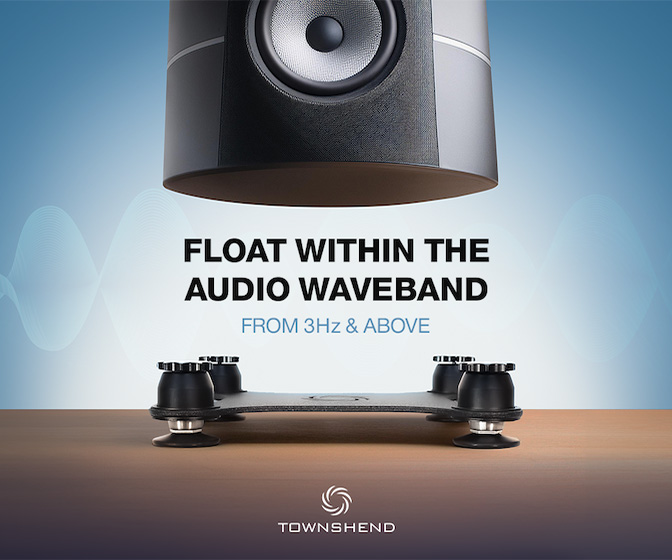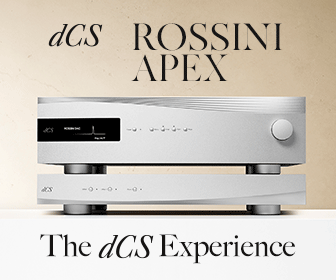Bad Company at 45RPM is Good Company
Analogue Productions revisits the supergroup’s debut
The term “supergroup” heralds a level of heightened pressure and expectation. If bands like Cream, Blind Faith, or Emerson Lake & Palmer had instant success granted to them, Bad Company found themselves in good company. The group formed from the ashes of three of England’s beloved groups: Free, Mott The Hoople, and King Crimson. Vocalist Paul Rodgers and drummer Simon Kirke had enough of Free’s guitarist Paul Kossoff’s drug abuse and unreliability. Guitarist Mick Ralphs was growing weary of Mott The Hoople’s hindering towards a glitter rock direction. Bassist Boz Burrell could hardly resonate with King Crimson’s psychedelic lyrics and neo-classical melodies. The four set out to form a collective that embodied their love for the blues, rhythm & blues, soul, and stripped-down rock-and-roll. With the aid of Led Zeppelin’s newly launched label, Swan Song, and their manager, Peter Grant, Bad Company became a force to reckon with.
Bad Company’s eponymous debut album was anything but a high-profile flop. The album spawned two Top 20 singles, “Can’t Get Enough” and “Movin’ On.” Alongside the two singles were the album cuts turned classic rock radio staples “Rock Steady,” “Bad Company,” and “Ready for Love,” the latter nicked from Mick Ralph’s former band’s repertoire. The album would sell 5 million copies in the United States alone, becoming the 46th best-selling album of the 1970s. The numbers of Bad Company’s eponymous debut speak for themselves, as it’s a prime candidate for recognition as part of Analogue Productions’ celebration of Atlantic Records’ 75th anniversary.
The album cover, one of Hipnogsis’ less-surreal-looking offerings, classily adorns a laminated Stoughton gatefold jacket. The packaging is faithful to the original American pressing with its gatefold centerfold of the group portrait, straying from the live shots found on the UK Island pressing; after all, Atlantic distributed Swan Song in the States. Both 45rpm cut LPs are pressed on a heavy slab of 180 gram vinyl, each with the classic Icarus-inspired Swan Song label.
Analogue Productions has integrity when working with the best possible sources and providing transparency to their customers. Unlike most titles of this Atlantic 75 series utilizing the original master tapes, the pressing of Bad Company’s debut uses a ¼” flat tape copy of the original master. Utilizing this next-to-best option for the source material still manages to provide a sonic wonder. Simon Kirke’s lead-in drum fill that kickstarts “Can’t Get Enough” straps the listener in for a bluesy groove. The instrumentation separation is unbeatable, particularly the auxiliary percussion (tambourine, claves, and cowbell) on “Rock Steady,” coming across more prominently than before. The gospel-like harmonies on “Don’t Let Me Down” sound rich and transparent. Paul Rodgers’ vocals take center stage on “Bad Company.” This track, along with “Movin’ On,” exemplifies the impact of Mick Ralph’s guitar tone, coming across as tame yet not overdriving into excess distortion. “The Way I Choose” is the sonic highlight of the record. The cymbals and clean guitar tone provide a sizzle to the higher frequencies, and Rodgers’ double-tracked vocals in the chorus provide plenty of definition. While the arrangement of “Seagull” is sparse, the compressed acoustic guitar and phased vocals make it sound as full as ever.
It’s safe to say Bad Company’s debut never suffered the fate of poor representation of shoddy reissues. The all-analog Kevin Gray cut, released by Rhino in 2009, packs a well-defined punch. The digitally sourced half-speed cut by Miles Showell, released in 2015, is also enjoyable. Like all Atlantic 75 pressings done by Analogue Productions, this 45rpm cut by Ryan K. Smith will reign as the finest this album ever sounded.















































